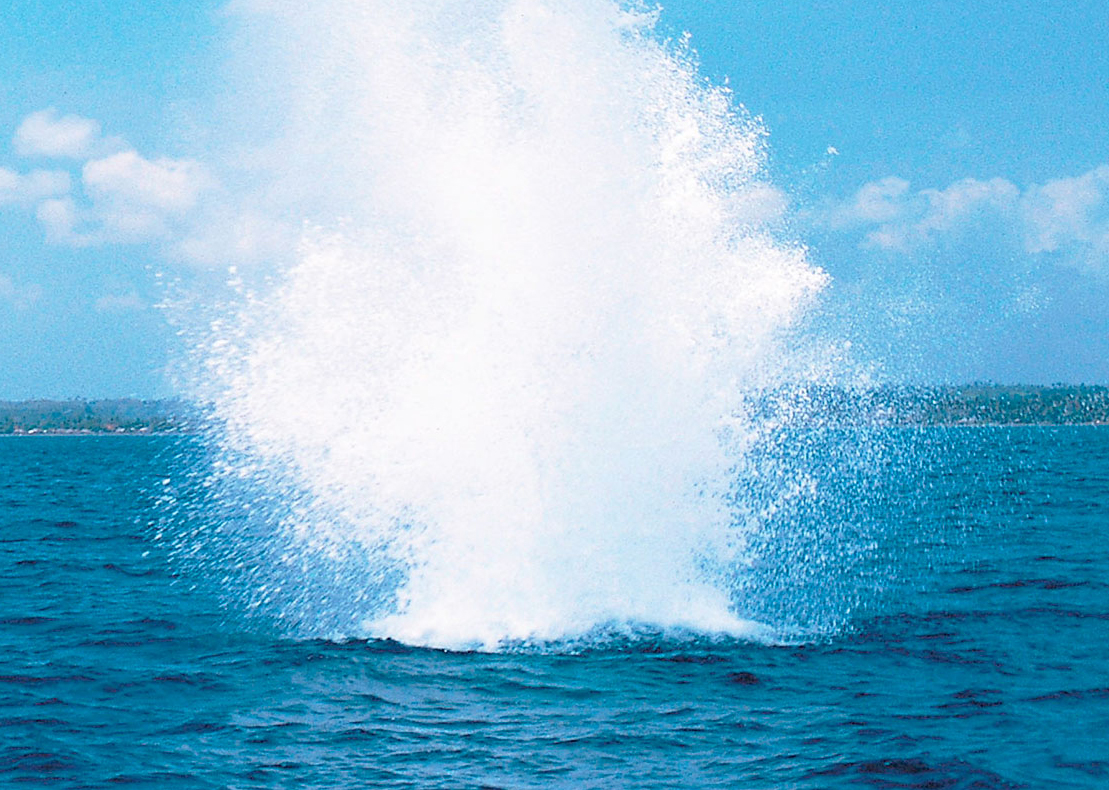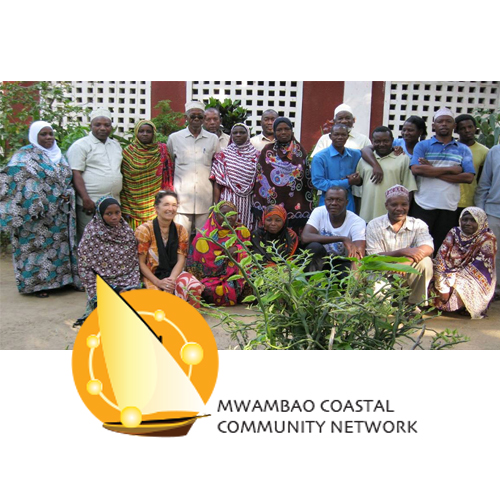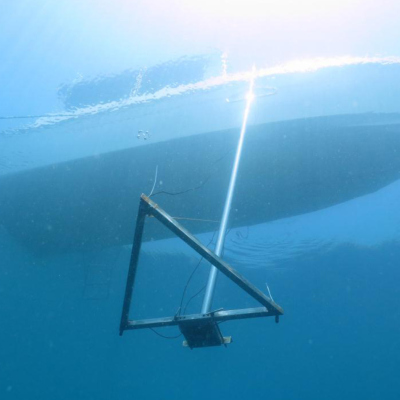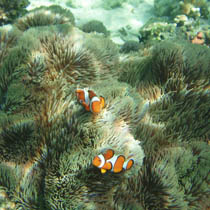
- Lighthouse Foundation
- Projects
- Tanzania: Multi-Stakeholder Consultation for Anti-Dynamite Fishing Campaign
Tanzania: Multi-Stakeholder Consultation for Anti-Dynamite Fishing Campaign
What is at issue:
The explosives fishery, known as "dynamite fishing", is rapidly destroying Tanzania's fisheries and marine ecosystems. The problem has gotten out of hand in recent years, and today local fishermen say it's normal to hear between 20 and 50 explosions per day in many places along the coast. Efforts to end this practice have almost all failed so far.
Dynamite fishing is common in Tanzanian waters on all sections of the coast from Mtwara in the south to Moa in the north. From today's point of view, it is even more widespread in Tanzania than at any other point in history, and has become almost as a fishery "as usual".
The Mwambao Coastal Community Network team sought the conversation and launched a multi-stakeholder consultation. In the talks, the past and present initiatives against dynamite fishing and their effectiveness were compiled and made available to the various stakeholders.
What's happening now:
Together with documentary filmmaker Lars Johannsen, the Mwambao team produced a short film about dynamite fishing as an outcome of a film workshop in 2017.
News are distributed through a newsletter in Kiswahili and are also published on the Mwambao website.
What we have achieved:
During a recent consultation undertaken by Mwambao, we heard the story of the village of Mkubiru. For the past three years Mkubiru village, a small village located within the Mnazi Bay Ruvuma Estuary Marine Park (MBREMP), has reduced the use of dynamite fishing in its nearby waters to almost zero. Woman fishers from Mkubiru village first raised the alarm that fish stocks were drastically declining because they were struggling to feed their families.
In response, the community passed a resolution to fight dynamite fishing and have been diligent and steadfast in their efforts. Volunteers patrol local waters, the village doles out punishment to caught dynamiters, and the community compensates local fishers for any loss or damages incurred when dynamiters take revenge. Mkubiru has managed to stop a problem that is devastating marine ecosystems and, in turn, local livelihoods. We have a lot to learn from this community approach.
The evaluation and summary of the survey of key players along the entire Tanzanian coast, with numerous testimonies on the current state of "dynamite fishing", comments, observations and recommendations are included in the report by Lorna Slade and Baraka Kalangahe.
The project is completed.

)
